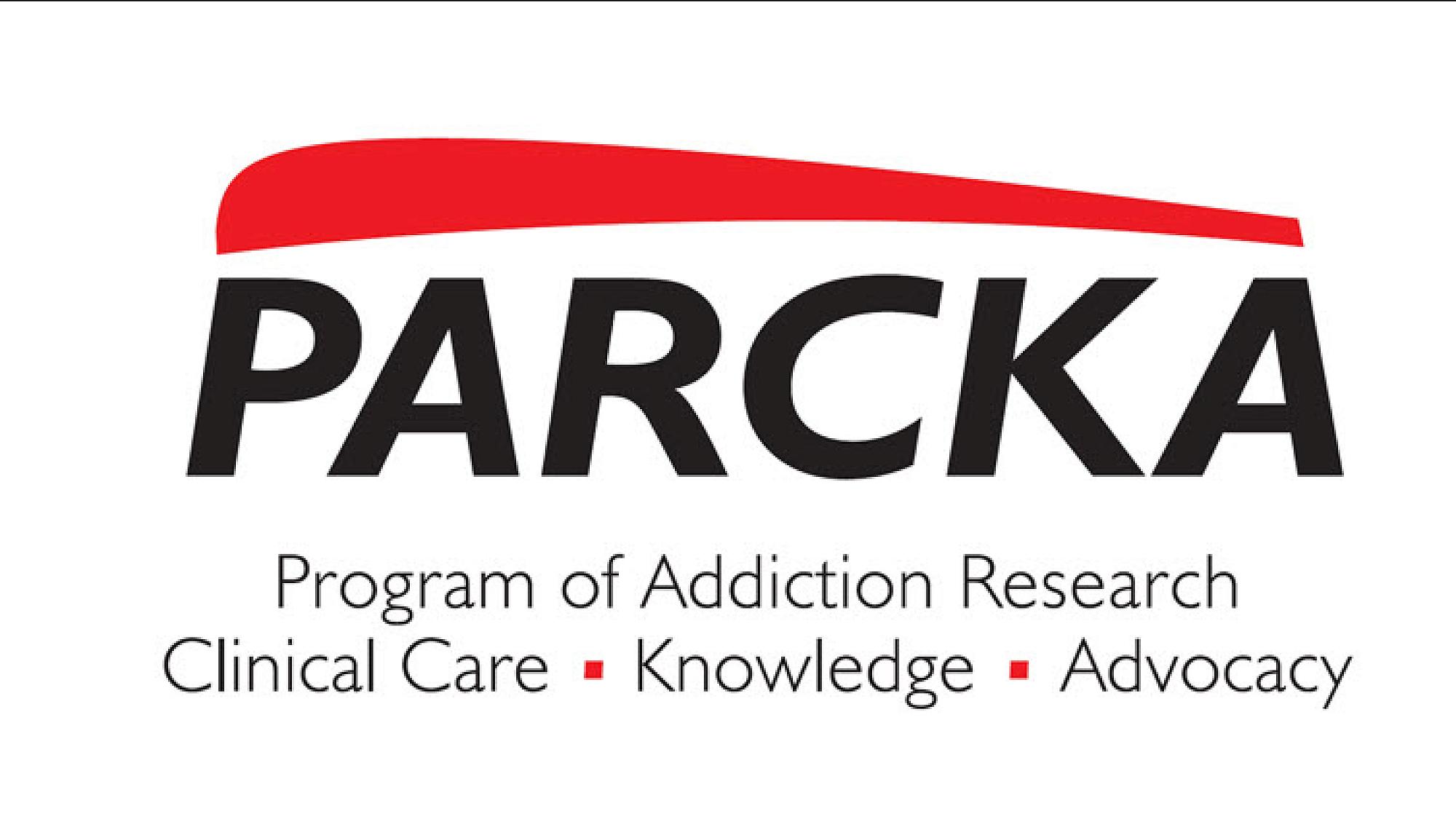
Reducing Prescription Drug Misuse, Abuse, and Overdose
Substance use disorders occur when the frequent use of alcohol and/or drugs significantly impacts daily functioning, such as causing failure to meet major responsibilities at work, school, or home. Most of the leading causes of death in Utah are associated with the abuse of alcohol, tobacco, or other drugs. In Utah, more people die from unintended prescription drug overdoses than motor vehicle accidents.
Due to the prevalence of substance use in our state and the importance of the issue to our community, U of U Health has prioritized reducing prescription drug misuse, abuse, and overdose for the last few years. We have committed as a system to continue to advocate for clear, science-supported policy recommendations on public health needs related to opioids.
Institutional Initiatives
Between 2021-2023, U of U Health engaged in many activities that have increased prevention efforts in communities across the Mountain West. The Rural Addiction Implementation Network (RAIN) focuses on community education related to substance use across rural Utah, Montana; Wyoming, and Idaho.
Meanwhile, a partnership with Comagine Health, which is funded by the Utah Department of Health & Human Services, has reduced the harms of post-surgery opioid use through reduced prescribing and increased disposal. Since 2021, our health system has:
- Distributed nearly 40,000 drug disposal bags
- Set up drug disposal drop boxes in 13 community pharmacies
- Reduced the number of patients prescribed a chronic series of opioids to 3%
- Reduced the number of concurrent prescription rates for benzodiazepines by 3%
- Increased the prescribing rate of Naloxone, a life-saving medication that can reverse an overdose from opioids, by 12%
Other system initiatives that address substance use are linked below.
Addiction Recovery
U of U Health's addiction medicine and recovery experts aim to treat the individual holistically with behavioral therapies, medication management, experiential therapies, and aftercare support.
Drug Disposal
Getting rid of unused, expired medicines and controlled substances prevents other people from misusing and abusing prescription drugs. U of U Health offers 13 safe and convenient locations to safely dispose of such drugs.
PARCKA
The Program for Addiction Research, Clinical Care, Knowledge, and Advocacy (PARCKA) promotes addiction-related work across the University of Utah, the local community, the state, and the nation.
News & Updates
Cannabis Exposure Linked to Higher Pregnancy Risks
Inn a large study, researchers ave found that cannabis exposure during pregnancy is associated with a composite measure of unhealthy outcomes, especially low birth weight, and that higher exposure is associated with higher risks.
Major Funding for New Addiction Treatment Research
Researchers at Huntsman Mental Health Institute have been selected to research a new non-invasive treatment for substance use disorder as part of a $50 million commitment from Wellcome Leap's Untangling Addiction program.
Working to Reduce Pregnancy-Related Deaths
In Utah, substance use is the leading cause of pregnancy-related death. With $14 million in NIH support, the new ELEVATE Maternal Health Research Center of Excellence aims to reverse that trend by partnering directly with communities.
Strategies to Meet CHNA Requirements
Increase prevention efforts through education and community outreach
- Improve and increase patient education about proper drug disposal
- Increase community outreach and access to pain management education materials
- Increase community education regarding substance use awareness
Measure prescribing practices withing University of Utah Health to identify and create best practices:
- Measure the current patterns of controlled substance prescribing for patients with acute versus chronic disease and to develop best practices in a patient-centered manner
- Measure buprenorphrine-specific prescribing rates
- Measure how U of U Health clinicians co-prescribe controlled substances alongside opioids
Expand access to treatment through trainings and standardization of processes
- Expand Naloxone trainings throughout the community and within the U of U Health system
- Expand buprenorphrine waiver trainings throughout the community and within the U of U Health system
- Leverage our electronic medical record platform, Epic, to encourage best prescribing practices through the use of care coordination and standardization





